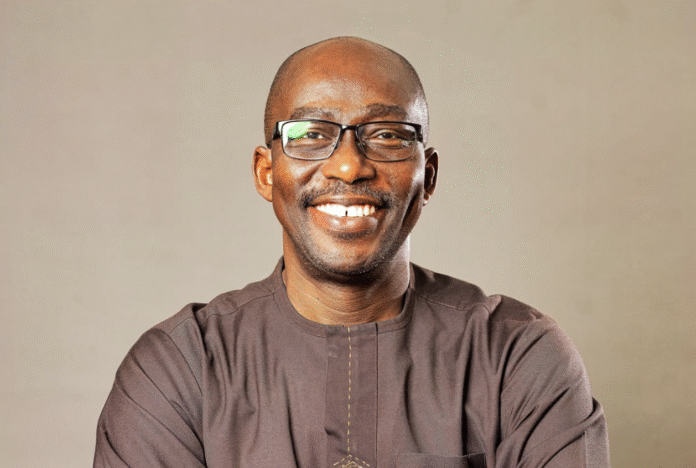National oil company, the Ghana National Petroleum Corporation (GNPC), has announced a renewed commitment to innovation, investment, and sustainability as key pillars for long-term growth and revival of the country’s upstream petroleum sector.
The 2024 annual report of the Public Interest and Accountability Committee (PIAC) shows that, Ghana’s crude oil production has declined for the fifth consecutive year, dropping from a peak of 71.44 million barrels in 2019 to 48.25 million barrels in 2024.
Delivering a keynote address at the 8th Africa Energies Summit on the theme “Taking Ghana to the Next Level: Advancing Oil & Gas Exploration & Production,”, Acting Chief Executive Officer of the corporation, Kwame Ntow Amoah said the pursuit of the three pronged roadmap is critical in reversing the decline in oil production and revitalizing the upstream petroleum sector.
According to him, GNPC’s new agenda will arrest the downward trend in oil production that has seen output plummet from a high of 195,750 barrels per day in 2019 to approximately 110,500 barrels per day in recent years.
Mr Amoah identified declining field productivity, limited exploration activity, and policy challenges as key contributors to the drop.
“Achieving sustainable growth in Ghana’s oil and gas sector requires bold thinking and a willingness to embrace innovation,” Mr Amoah told a packed audience of policymakers, industry executives, and global energy stakeholders.
He stated that the integration of cutting-edge technology to enhance exploration and production is at the core of the company’s strategy and revealed the incorporation of Artificial Intelligence and digital tools to improve reservoir management and optimise drilling operations.
Additionally, advanced seismic technologies such as 4D acquisition and Ocean Bottom Node systems will be deployed to improve subsurface imaging, while non-seismic tools like satellite imagery and Airborne Transient Pulse surveys will help de-risk exploration, especially in the underexplored Voltaian Basin.
The acting GNPC Boss also acknowledged the need for investor-friendly policies and stable fiscal regime and regulatory clarity as essential tools to attract both local and international investors and restore confidence in Ghana’s upstream space.
“We need to adopt a new mindset, one that balances strategic investment, technological innovation, and sustainable practices,” he said.
He called for stronger partnerships between oil companies, service providers, and technology firms, urging joint ventures and the consolidation of marginal fields into shared infrastructure to cut costs and improve efficiency. “Multi-operator collaborations are key to unlocking Ghana’s full upstream potential,” he stated.
Mr Amoah emphasised that GNPC, under the guidance of the President and the Ministry of Energy and Green Transition, is poised to become a centre of excellence in Africa’s oil industry. The corporation will lead efforts to build local capacity and prioritise indigenous expertise while aligning upstream activities with environmental stewardship and global decarbonisation trends.
“Resetting our upstream agenda is not just about boosting production — it’s about creating a more resilient and sustainable energy future for Ghana,” he concluded.
Participants at the summit urged an all stakeholder support to GNPC’s strategic vision of placing Ghana’s energy security and long-term development goal at the heart of its renewed upstream policy direction.



